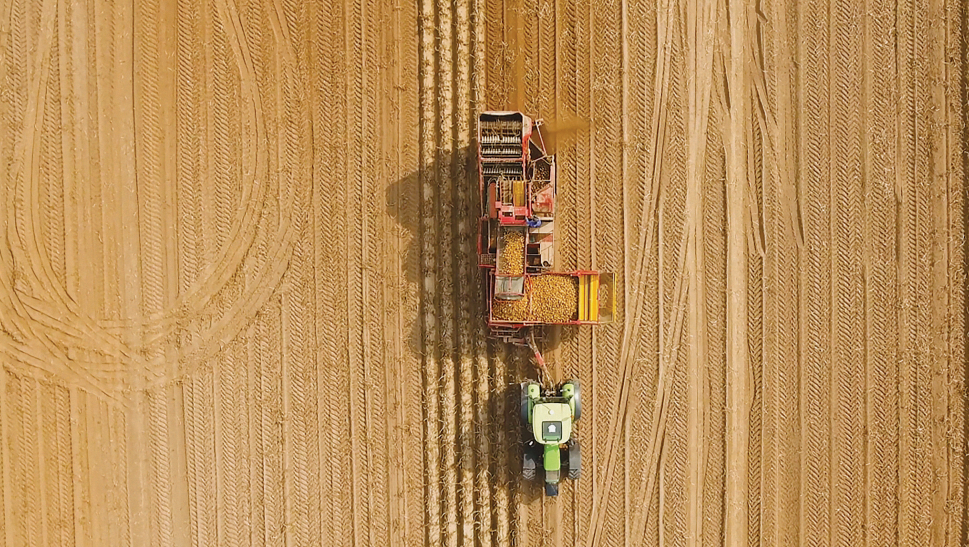British farmers warn of bitter harvest
Finances, politics and a cultural divide push the agriculture sector to the brink and stir up anger.


An Olympic Games opening ceremony allows the host to tell the watching world a story about itself that it has written. In 2012, it was London's turn and it opened with rural scenes and singing of the hymn Jerusalem.
The setting of William Blake's poem is a love song to England's green and pleasant land, and its status as an unofficial second national anthem shows how much feeling it stirs in so many people. But 12 turbulent years on from that spectacular night, there are storm clouds over the green and pleasant land.
Years of disregard, ignorance, and politics have pushed British agriculture to the brink, and on Nov 19, the country will come to the city to air its grievances, when a mass protest by farmers is set to take place in central London.
According to figures from the Department of the Environment, Food and Rural Affairs, in 2013, there were 222,000 farm holdings in the UK, but in 2023, that figure was 209,000.
In the run-up to the 2016 referendum on European Union membership, then-farming minister George Eustice told the BBC "virtually every problem that the (National Farmers' Union) complains to me about is a direct consequence of dysfunctional EU law", and that farmers who "want to see change and a better future" should vote to leave.
The union declined to take a formal stance but told members that on the "balance of existing evidence", their interests were best served by continued membership. This, of course, did not happen.
EU membership meant being subject to the Common Agricultural Policy, or CAP, an arrangement that existed "to improve agricultural productivity, so that consumers have a stable supply of affordable food" and, crucially, "to ensure that EU farmers can make a reasonable living" largely through a subsidy system.


















